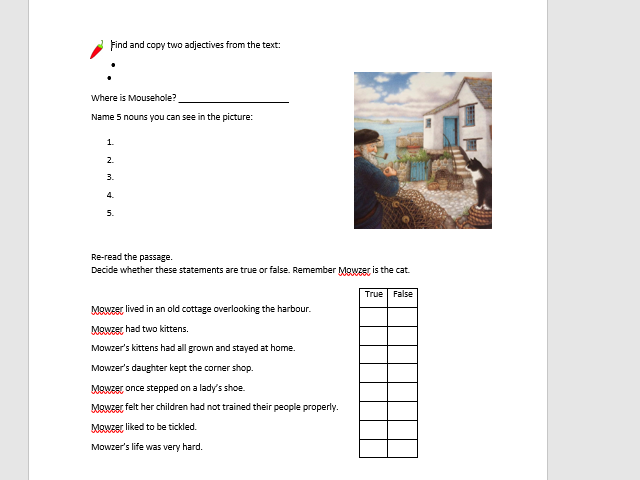Lois Rooney's Shop
I am a Primary School teacher, currently working in Year 3 and about to complete my NQT year (which has flown by and been absolutely brilliant!) following completion of my PGCE at the University of Cambridge. As this is my first year of teaching, the majority of my resources are aimed at Year 3 students though I have a number of children with SEN so activities are differentiated many ways. Usually they follow a 'mild, medium, spicy' format with further differentiation for additional needs.






















